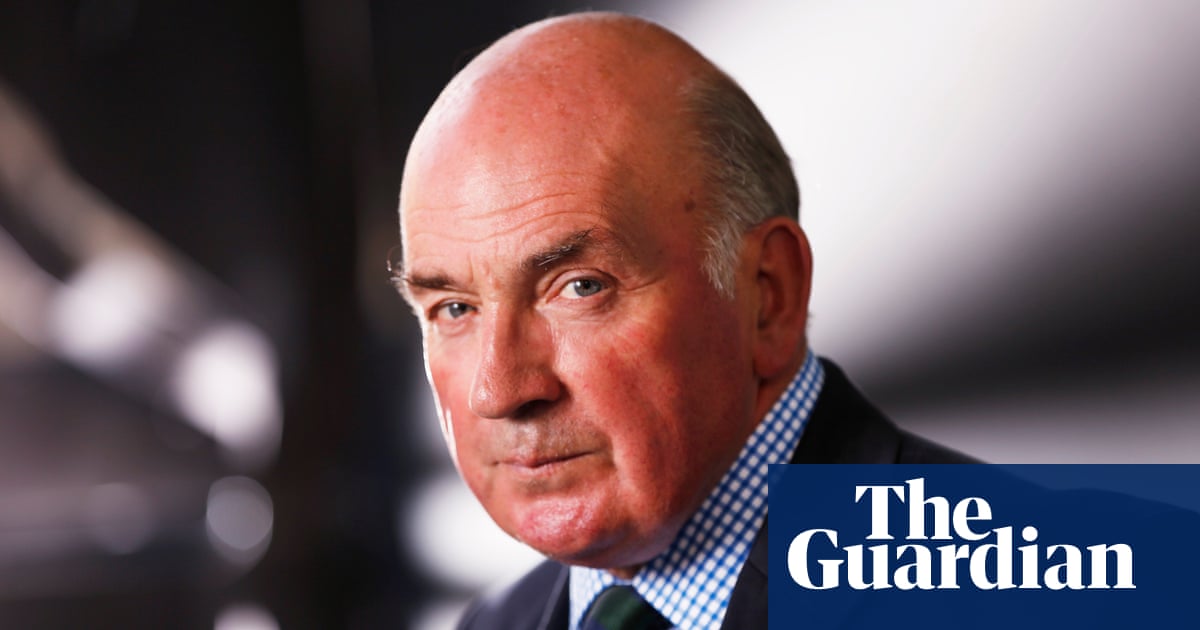Keir Starmer will be consigned to the “bin of history” if he fails to raise defence spending, a former head of the British army has said.
Gen Lord Richard Dannatt believes the forthcoming strategic defence review risks being “hollow” and a “failure” unless the prime minister and his chancellor, Rachel Reeves, find ways of increasing the defence budget.
Starmer has so far resisted pressure to boost defence spending to 3% of GDP, with some insiders saying he is determined to stick to Labour’s election manifesto that said it would commit to set out a pathway to spend 2.5% on defence.
Defence chiefs want him to go further, but there are fears that a more immediate increase for the armed forces would take money away from other departments in need of a boost.
Speaking to The Week in Westminster on BBC Radio 4, Dannatt said: “Unless Keir Starmer and Rachel Reeves can look at themselves in the mirror and look at their priorities and say, yes, health, education, roads, infrastructure are important, but actually defence and the security of this nation are more important, and find ways of producing more money well beyond 2.5% towards 3 or 3.5% for starters on our defence budget, then this strategic defence review is going to be hollow, it’s going to be a failure. And, frankly, it’ll consign Keir Starmer to the bin of history.”
The US president, Donald Trump, a longstanding critic of the amount fellow Nato countries spend on defence, has suggested members of the transatlantic alliance should spend 5% of GDP on their militaries.
That prompted John Healey, the UK defence secretary, to acknowledge the UK and European allies must do more of the “heavy lifting” by increasing their defence spending so the US would not be tempted to leave the Nato alliance altogether, but he did not say when and by how much.
Dannatt, a crossbench peer who was head of the army from 2006 to 2009, was also asked about Starmer’s suggestion that British soldiers could be deployed to Ukraine as peacekeepers in the event of a deal to end the war.
Reflecting on how many soldiers would be needed, he told the programme: “It would probably require about 100,000 people. The UK would have to supply quite a proportion of that. And we really couldn’t do it. Our military is so run down at the present moment, numerically and as far as capability and equipment is concerned, it would potentially be quite embarrassing.”
G7 delegates gathered in Munich on Friday for a major global security conference, amid concerns that officials in Moscow and Washington could be negotiating the future of European security over the heads of its leaders.
Britain has so far sought to manage a delicate balance between supporting Ukraine against Russia’s invasion and keeping Trump on side, who has said he agreed with Putin to start “negotiations”.
The foreign secretary, David Lammy, on Friday sat down for talks with the US vice-president, JD Vance, who said “we have a lot in common, and the special relationship between the United Kingdom and the United States will remain very strong”.
In a call with the Ukrainian president, Volodymyr Zelenskyy, Starmer said Britain was committed to Ukraine being on an “irreversible path” to joining Nato, and was “unequivocal that there could be no talks about Ukraine without Ukraine”.








